Who Do You Interact with on Social Media?
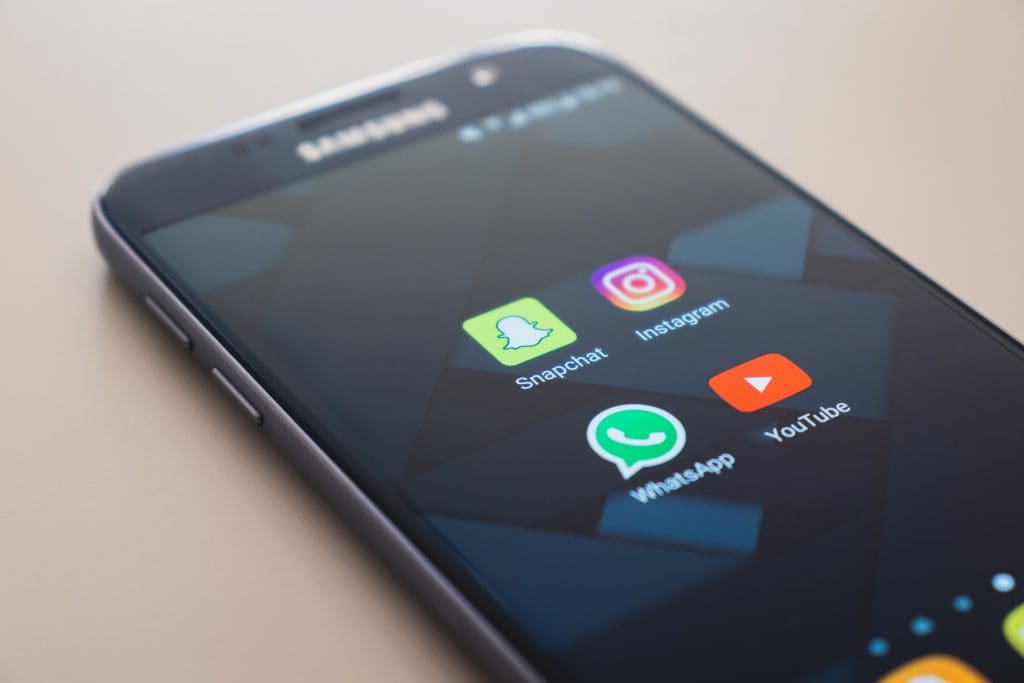
Obviously, social media is a form of communication. However, compared to our offline lives, where we’re likely not talking to more than a few people at a time, being on social media can feel like yelling out to the whole entire world, where your words can be seen by anyone, everyone, and with many of whom have the ability to respond.
Of course, this isn’t the case for everyone, depending on which platform you’re using, whether you’re public or private, or if you have selected lists of friends who can view your content. These tactics are all ideal ways to have as much of a positive social media experience as possible, but we want to take a step back for those accounts and times that you want to speak on a more public platform.
For those with more public accounts, it’s easy to engage with, well, everyone. You may find yourself in the comment section of TikToks or YouTube, or in the replies of Twitter threads or popular Instagram posts. You may even be initiating the public discussion by tweeting on your public account or putting up a discussion question on an Instagram story.
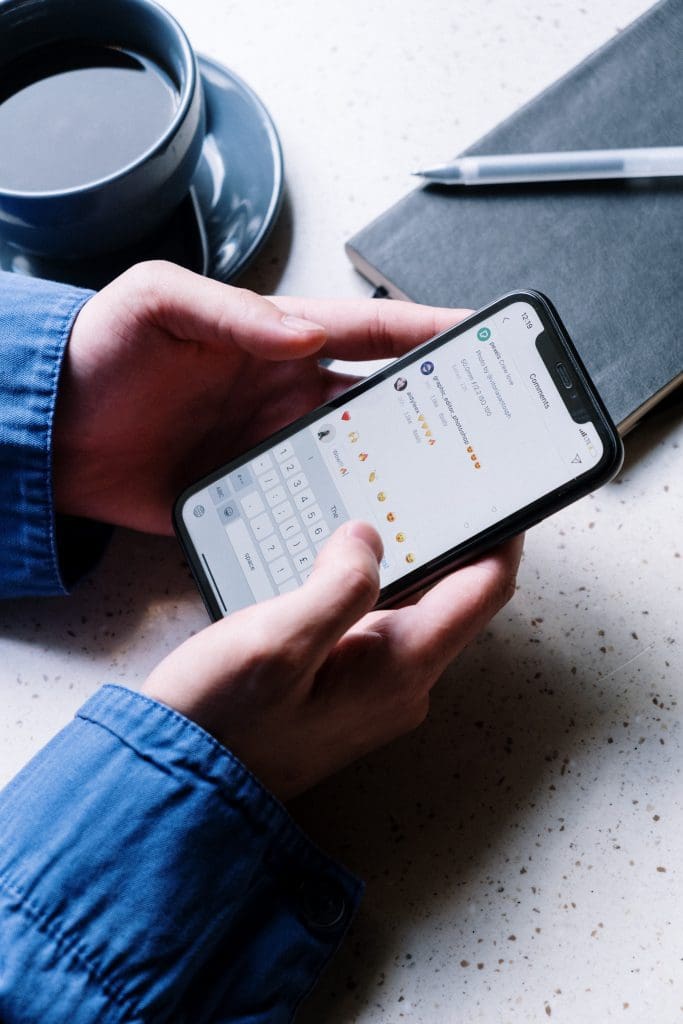
Social media can be a great outlet for those with social anxiety, giving those with it a space to talk more candidly and without worry about things like interpreting people’s reactions in real time. However, while public accounts can be beneficial to meet others without the pressure of having to respond right away or worrying that they’re judging you in that moment, it can also be harmful, because it can make you vulnerable to hate and troll comments, as well as tempting you to respond to hate comments on other people’s posts. The more you engage with negative interactions online, the more likely you are to feel anxious about how these interactions go, and you may end up internalizing some of the hurtful things that are said towards you, even by complete strangers.
Regardless if you have private or public accounts, you should have the intent of interacting with those that you feel like would give you a more positive experience. While it may be tempting to bite back against a rude comment on a YouTube video, consider leaving a message of support instead for the person who originally posted the video. If someone you know is leaving hateful content on your FaceBook feed, but you don’t know them too well, instead of responding, you can mute or block them.
Social media interactions aren’t always going to be perfect, happy, or positive, but if you can take control over what you can to avoid the negative people instead of engaging with them, you’re likely to feel less anxiety about logging on and the content you’re putting up and interacting with.
Do you prefer to have public social media accounts, or do you have more locked/private ones? Who do you usually talk to on social media? If you’ve interacted with people who aren’t a part of your offline life, what have those interactions been like?

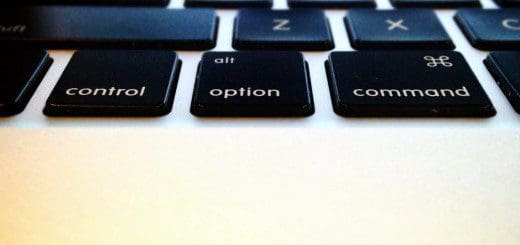
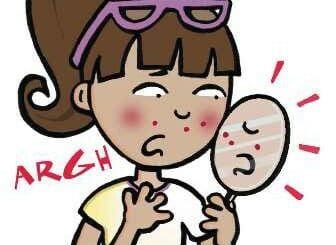
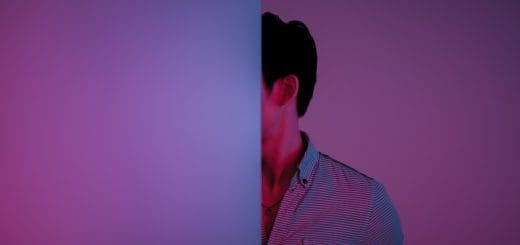
Recent Comments